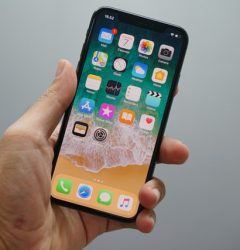27 Aug
|
Getting your Trinity Audio player ready...
|
When it comes to app development there are more aspects to look at than simply the creative process. Besides creating a functioning, beautifully looking and interesting app for your public to interact with, you will also have to market it accordingly. Big budgets don’t necessarily guarantee success as alternative ways of increasing the popularity of an app are now available.
So if you are looking for an efficient app advertising method, using an app distribution platform just might be a great way of getting your app into the devices of those who most want it.
Best Mobile App Development
The best part of this type of platform is that developers will only be paying for actual installs. And while word of mouth is certainly a good thing, installs are the only source of quantifiable income. This makes it a far more efficient way of marketing, especially for companies with a small budget that needs to be spent carefully.
Developing an app is also a complex process, which has a lot to do with what type of app you are trying to create and what market you intend to create it for. Before looking at the best development tools you must first decide whether you will be making a web, native or hybrid.
For developers that want to go for a native app, one which is created with a single platform in mind (say Apple or Android) the code they use also dictates the cost and availability of talented programmers. With a more complex coding system, like for Apples Xcode, development costs can skyrocket as experienced coders with resounding CV’s are hard to come by, and will certainly not be cheap to hire.
Java, which is mainly used for the development of Android apps is a far simpler and more popular type of coding system. Costs with personnel will certainly be lower as programmers with Java experience are not as hard to find.



3 Comments